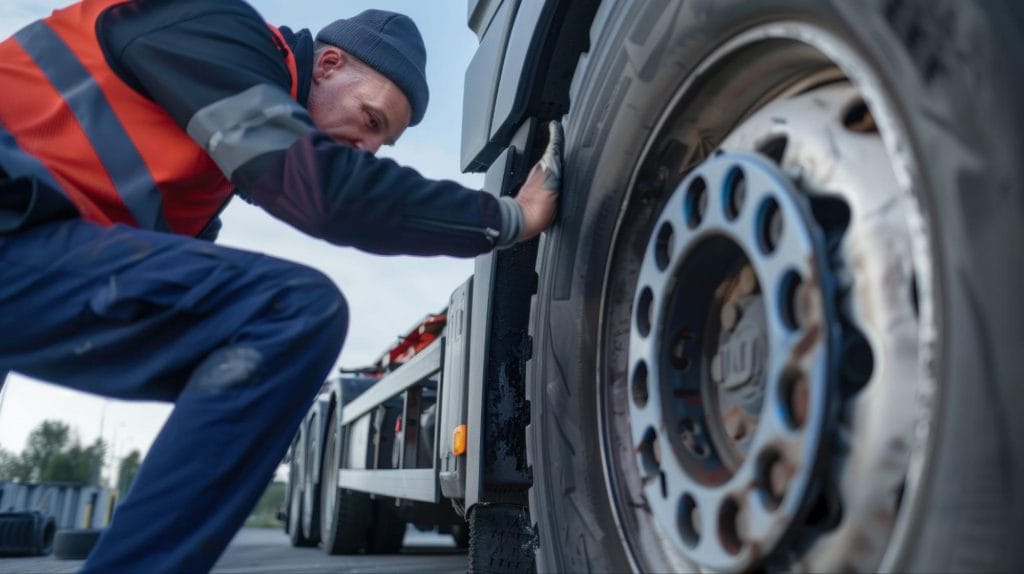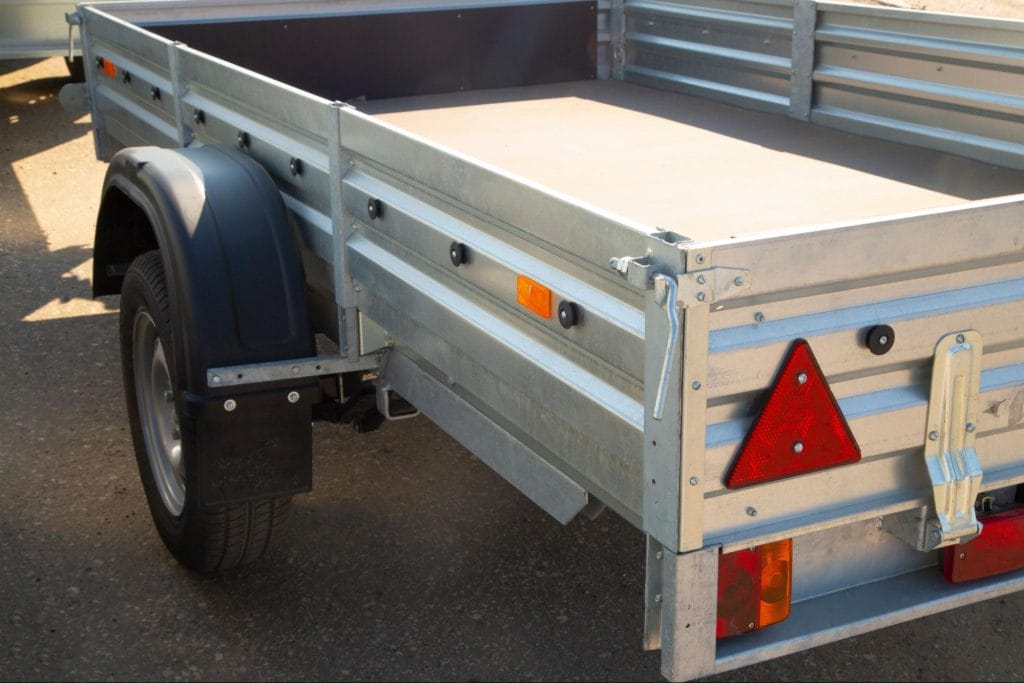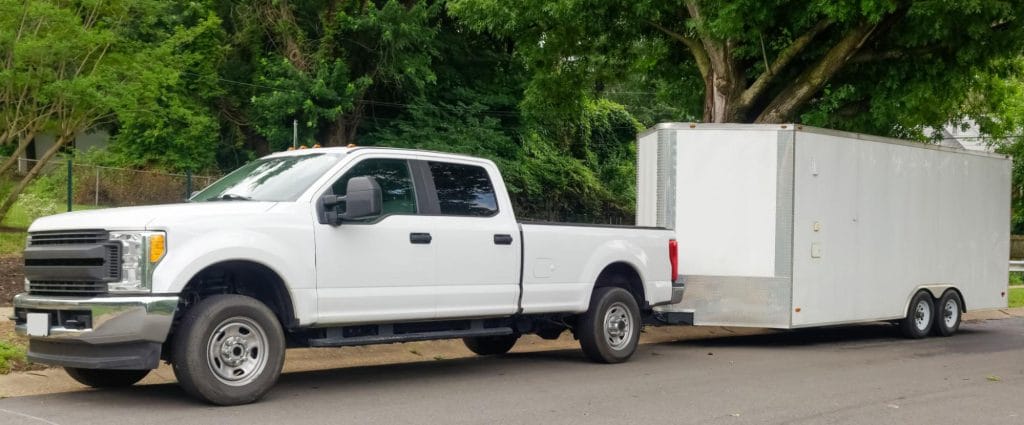On first thought, buying a used trailer may seem like a simple enough endeavor. With no mechanical components to worry about, you might imagine only a simple ‘quick once over’ is required to get an idea of the general condition.
Trailers, after all, are nothing more than a few wheels connected to a chassis and an axle, right? While technically, that is correct in loose terms, knowing what to look for when buying a used trailer consists of far more than a quick check for rust and the obligatory tire kick.
There are specific things you need to know before jumping in and making a deal. Unarmed with this information, you could find yourself the new owner of a rusty money pit that’s more trouble than it’s worth. Seriously, it happens far more often than you may think.
As experts in this field, we happen to know a thing or two about buying used trailers. We would like to impart some of our knowledge – gained through over 5,000 trailer sales – to increase your chances of securing a great deal.
Follow these suggestions, and you will be well on your way to owning a reliable trailer at a reasonable price.

This may seem like an obvious suggestion, but it’s worth pointing out: always check the tires when buying a used trailer. Tires in poor condition can (and probably will) add unexpected costs to your purchase down the line.
Look for cracks, uneven wear, or plugged holes.
Ensure the tires are the correct size and have a load capacity that matches your intended use. Replacing tires after buying a used trailer can be incredibly expensive and deeply frustrating (especially with the cost of tires these days), so always inspect them thoroughly before committing.
Ultimately, knowing what to look for when buying a used utility trailer includes ensuring its braking system is reliable. Assuming the trailer has brakes (not all trailers do), check the brake pads, drums, rotors, and magnets for wear or damage.
Faulty brakes can be a huge compromise to road safety and usually come with costly repairs. Asking the seller about brake maintenance history can provide good insight into the trailer’s general condition.
The bearings support the trailer’s weight and are vital for smooth road use. Start by checking for proper lubrication and make sure they’re seated correctly. If the trailer has been poorly maintained, damaged bearings might be a sign of more problematic issues elsewhere.
Bearing inspection is commonly overlooked by unsuspecting, inexperienced buyers, although it is one of the main steps when learning how to buy a used trailer. Always include the bearings in your inspection to avoid hidden problems.
With our flexible financing options, good-quality trailers are more attainable than you might think.
Inspect the leaf springs, spring hangers, and any related components for cracks or signs of stress. A damaged suspension system may result from years of overloading or harsh impact, leading to uneven axles and excessive tire wear. That is not a good thing for you as a potential buyer in terms of trailer safety.
The frame is the backbone of the trailer. Look for cracks, bends, or evidence of previous repairs. A damaged frame can hint that the trailer was overloaded or poorly constructed. Structural damage almost always leads to long-term issues, so it is a fundamental factor when buying used trailers.
Another key aspect of knowing what to look for when buying a used trailer involves the electrics. Essentially, a good electrical system means proper lighting for safe towing. The procedure is simple enough – just test the brake lights, turn signals, and running lights.

The flooring may seem simple enough, but it is a core feature of the trailer’s general durability and is also overlooked by many when buying used trailers. Look for signs of rot, rust, or damage, particularly on wooden or metal floors, and be extra diligent with heavy haul trailers.
Replacing trailer flooring can be far more expensive than you might assume and also quite time-consuming. Ensuring the flooring meets a certain standard is absolutely essential when buying a trailer, so try not to skimp on this part. Thorough testing is warranted, even if the floor looks brand new.
If the trailer includes ramps, check their length, width, and weight capacity. Inspect for cracks, bends, or loose components. The ramps must be sturdy enough to handle the equipment you plan to load. A weak or damaged ramp limits the trailer’s functionality, so don’t overlook this detail when considering what to look for when buying a used trailer.
Pro Tip!
When buying a used trailer, always check the underside for hidden rust or damage. Sellers often miss this area, but it can reveal potential costly repairs down the line.
Before shaking hands with the seller, confirm that they legally own it. With vehicle fraud on the rise in many states, illegal sales are again more common than many people imagine.
Check the VIN and ensure it matches the title and registration documents to avoid potential headaches by ensuring the trailer isn’t stolen or improperly registered. This step is an increasingly important aspect of how to buy a used trailer without being on the losing end of a terrible deal.
While buying used trailers is often less expensive than buying a new trailer, you should always ensure the price reflects the trailer’s overall condition. Sometimes, the cost of a used trailer can be compared to that of a new one, especially when factoring in maintenance. Before making your purchase, understanding what to look for when buying a used utility trailer will help you determine if you’re getting a worthwhile deal.

Understanding what to look for when buying a used trailer isn’t particularly challenging. It simply involves extreme caution and diligence, examining every aspect, from tires and brakes to ownership and price. In other words, don’t rush in blindly, especially when buying used trailers on the private market.
At Millennium Trailers, we have a huge selection of quality used trailers that have already undergone rigorous inspection processes. Our experienced team can help guide you through each aspect of your purchase so that you can drive away with a reliable, safe, reasonably priced trailer.
Browse Our Huge Selection and Find the Perfect Trailer for Your Hauling!
https://theenterpriseworld.com/buying-a-trailer-for-your-business/
https://www.boatus.com/expert-advice/expert-advice-archive/2015/april/buying-a-used-trailer
https://jocovafinancial.com/avoid-common-pitfalls-when-buying-a-cargo-or-utility-trailer/
Millennium Trailers is your trusted partner for high-quality trailers at unbeatable prices. Serving all 50 states, we’ve delivered over 5,000 trailers nationwide.
Established in 1998, we’re a company dedicated to meeting your hauling needs with excellence. Whether it’s cargo trailers or custom living quarters, we provide a wide range of options to suit your requirements. Our knowledgeable and friendly team ensures a smooth buying experience with personalized assistance. Proudly offering competitive pricing, state-of-the-art designs, and easy financing options. Committed to customer satisfaction, we strive to simplify the process of finding your perfect trailer.
Choose Millennium Trailers for a reliable, customized solution that delivers quality and value for your investment.
Copyright 1998 – 2023 Millennium Trailers, Inc.